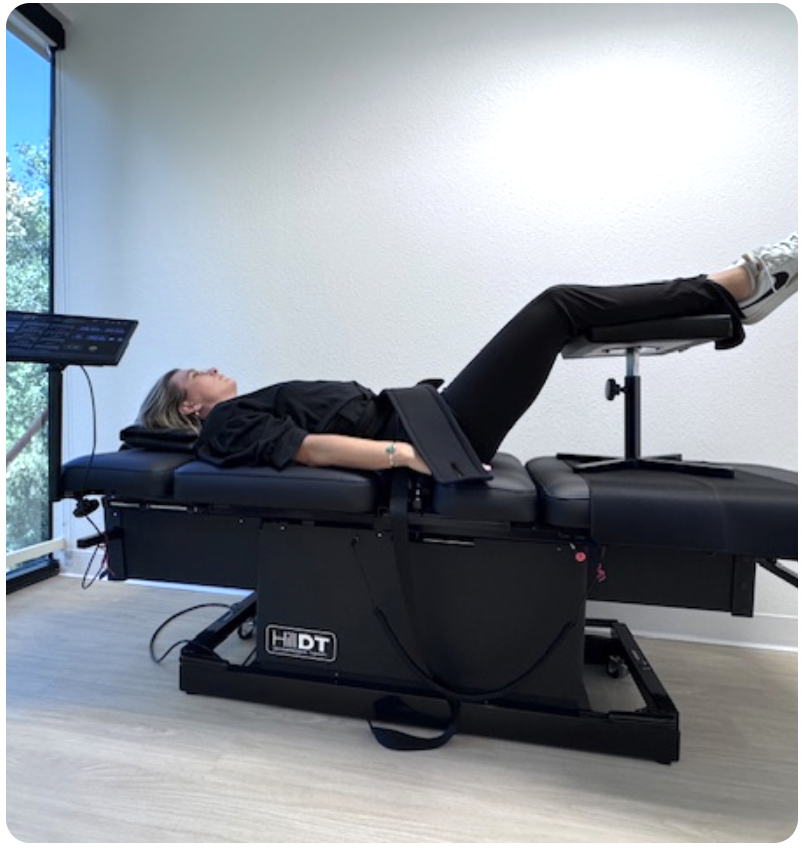Introducing Soft Tissue Ultrasound at Boulder Sports Clinic: Accurate Diagnosis for Faster Healing
Introducing Soft Tissue Ultrasound at Boulder Sports Clinic: Accurate Diagnosis for Faster Healing
At Boulder Sports Clinic, we’re committed to offering the most advanced tools to help our patients heal smarter and recover faster. That’s why we’re excited to announce our new Soft Tissue Ultrasound service — a powerful, non-invasive diagnostic tool that allows us to see inside muscles, tendons, ligaments, and nerves in real time.
What Is Diagnostic Soft Tissue Ultrasound?
Diagnostic soft tissue ultrasound uses high-frequency sound waves to produce detailed, moving images of the body’s soft tissues. Unlike X-rays or CT scans, ultrasound doesn’t involve radiation and can evaluate tissues dynamically — meaning we can watch how your muscles, tendons, and joints behave as you move.
This real-time feedback provides an unmatched level of insight into the source of pain or dysfunction.

How Soft Tissue Ultrasound Works
- Sound Waves: A small probe (transducer) sends painless sound waves into your body.
- Echo Reception: The waves bounce back as echoes depending on the density of the tissue.
- Image Formation: The echoes are converted into high-resolution images displayed on a screen in real time.
- Dynamic Assessment: Because ultrasound can be performed while you move or stretch, it can reveal injuries that static imaging methods may miss.
This process takes only minutes and can be done right in our office — no waiting for external imaging appointments or delayed results.
Common Use Cases at Boulder Sports Clinic
Soft tissue ultrasound is especially valuable for athletes, active adults, and anyone dealing with chronic or acute injuries. Some of the most common conditions we evaluate include:
- Tendon injuries: Achilles tendonitis, rotator cuff tears, patellar tendon pain
- Ligament sprains: Ankle, knee, or wrist injuries
- Muscle strains or tears: Hamstring, calf, or quadriceps injuries
- Nerve entrapments: Tarsal tunnel or carpal tunnel syndrome
- Bursitis or fluid accumulation around joints
- Scar tissue and adhesions after injury or surgery
Why Accurate Diagnosis Matters
Having a clear, accurate diagnosis is the first step to effective treatment. Without knowing the exact injury or its severity, treatments can be delayed or misdirected, prolonging your recovery.
Soft tissue ultrasound allows us to:
- Confirm the injury: Understand what’s truly causing your pain.
- Determine severity: Distinguish between a minor strain and a more serious tear.
- Guide treatment: Choose the right therapy — whether that’s physical therapy, chiropractic care, shockwave therapy, or laser therapy.
- Set realistic timelines: Knowing the extent of the injury helps set accurate expectations for recovery, helping you plan activities, training schedules, or competitions.
The Boulder Sports Clinic Advantage
By adding Soft Tissue Ultrasound to our diagnostic toolkit, we can provide a faster, more precise assessment than ever before. Combined with our comprehensive services — chiropractic, physical therapy, massage, and advanced modalities — we ensure you receive the right care at the right time.
Whether you’re a runner, skier, weekend warrior, or simply want to stay active without pain, our team is here to help.
👉 Call Boulder Sports Clinic today to schedule your appointment and experience the difference that accurate diagnosis makes.
Related Posts

Why Your Sciatica Keeps Coming Back — And How to Fix It for Good

Understanding Cupping Colors: What They Mean

Can a Decompression Table Fix Sciatica? Here’s How We Treat Sciatic Pain at Boulder Sports Clinic
Experience the difference at Boulder Sports Clinic.
Contact us today to schedule an appointment and start your journey towards optimal health and peak performance. Still have questions? Call us now at (303) 444-5105

